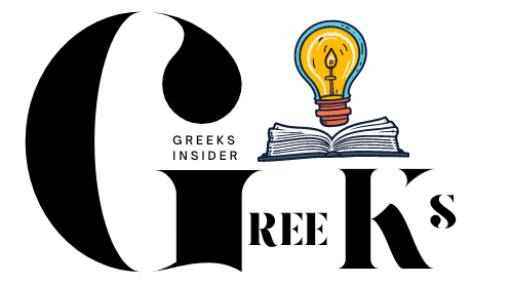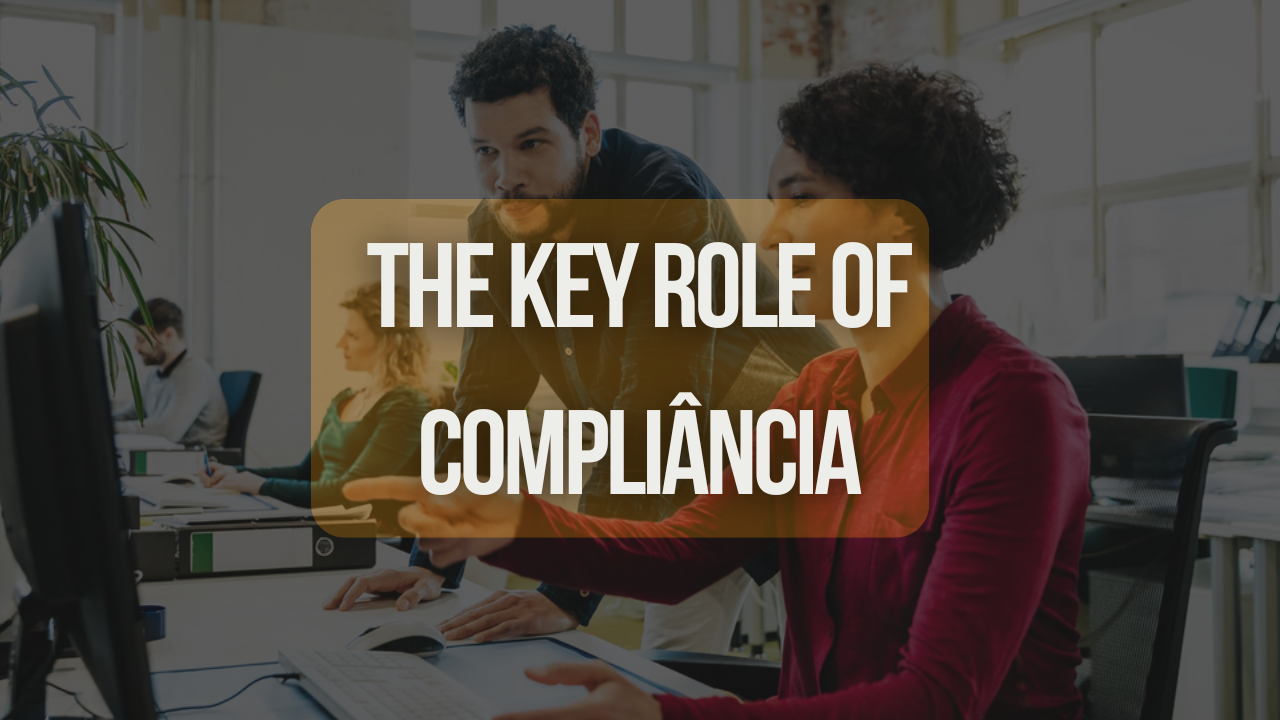The Key Role of Compliância in Contemporary Business Practices
In today’s intricate business environment, adhering to regulations, ethical norms, and industry standards is crucial. This broad process, referred to as compliância, includes essential components like governance, risk management, ethics, and data protection. In this article, we will explore the importance of compliância, examine its core elements, discuss the challenges involved, and outline effective strategies for implementation. Additionally, we will cover how to measure success in compliância, utilize technology to our advantage, and anticipate future trends in this ever-evolving field.
Understanding Compliância
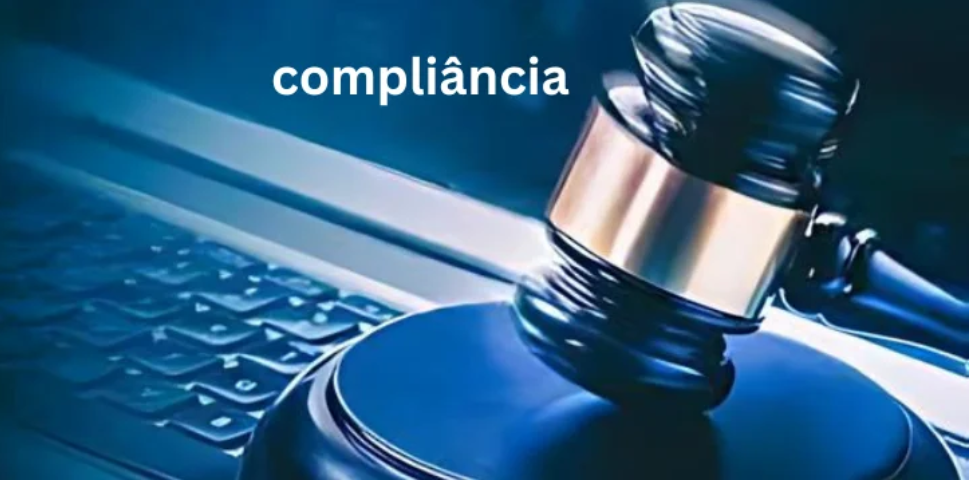
Compliância involves the establishment and maintenance of standards, procedures, and audits to ensure adherence to relevant regulations and rules. Its key goals are to prevent legal issues, protect the organization’s reputation, and avoid financial losses due to regulatory infractions. By focusing on compliance, organizations can improve operational efficiency and build stakeholder trust, paving the way for long-term success.
The Significance of Compliance
Guiding Ethical Business Practices and Avoiding Legal Risks: Compliance provides a framework for ethical operations, reducing the likelihood of serious consequences from regulatory breaches.
Building Credibility and Gaining Trust: Emphasizing compliance showcases a commitment to ethical conduct, enhancing credibility and fostering trust among stakeholders.
Effective Risk Management: A strong compliance system helps organizations identify, evaluate, and manage various risks, lowering the chances of fines, financial setbacks, and reputational harm.
Supporting Sustainability Initiatives: Compliance aligns with sustainability by encouraging ethical practices that address environmental, social, and governance (ESG) considerations.
A Strategic Necessity: In the evolving business landscape, compliance is both a legal requirement and a strategic advantage, contributing to a culture of transparency and improving competitive standing.
Essential Components
Adhering to Legal and Regulatory Standards: We must remain vigilant in keeping up with relevant laws and regulations. This involves conducting periodic audits and assessments to verify that we are consistently in compliance.
Upholding Ethical Principles: Beyond meeting legal requirements, it’s crucial for us to establish and maintain high ethical standards. This is achieved through robust ethics policies and proactive leadership.
Effective Risk Management: Identifying and managing compliance risks is vital for a successful compliance strategy. We need to provide ongoing training and implement effective monitoring systems.
Safeguarding Data Privacy and Security: Protecting personal data is our top priority. We are committed to adhering to privacy regulations and implementing thorough measures to ensure data security.
Commitment to Continuous Improvement: Compliance is an ongoing journey. We need to continuously adapt to new regulations, emerging risks, and evolving business needs by regularly evaluating and refining our compliance programs.
Building a Robust Compliance Program
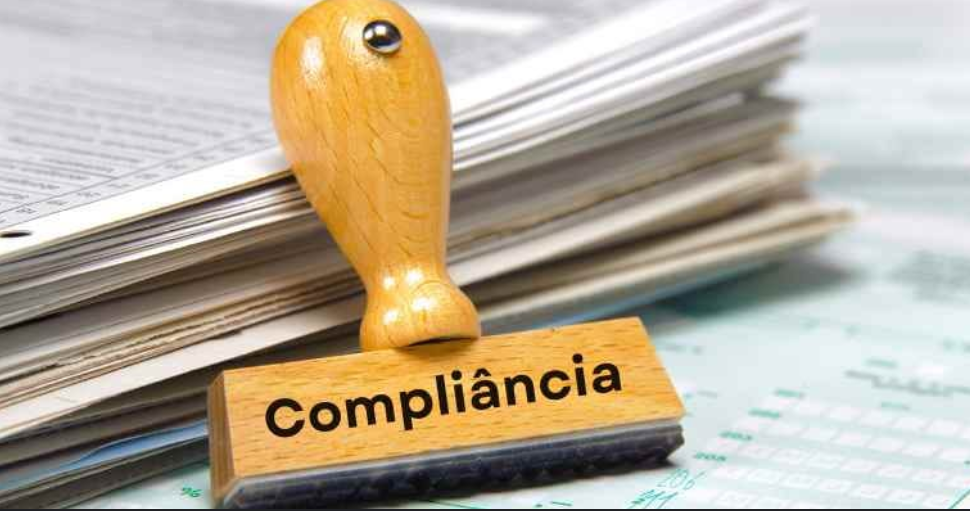
Identify Compliance Weaknesses: We begin by pinpointing vulnerabilities through detailed audits, reviews, and risk assessments to focus on areas with the highest risk.
Craft Comprehensive Policies and Procedures: We establish clear guidelines and procedures in line with regulatory standards to guide our actions and conduct.
Deliver Targeted Training: Frequent training sessions are essential to educate our team on compliance policies and issues. We tailor these programs to address the specific needs of different departments.
Ongoing Monitoring and Auditing: We continuously monitor operations, perform independent audits, and investigate potential non-compliance to maintain adherence to established standards.
Facilitate Anonymous Reporting: We create secure channels for confidential reporting of unethical behavior, promoting a culture of transparency and accountability.
Enforce Compliance Rigorously: We apply appropriate disciplinary measures to ensure that compliance requirements are consistently enforced across the organization.
Regularly Review and Enhance: We routinely evaluate and update our compliance programs to address new risks, regulatory changes, and shifting business needs.
Evaluating Compliance Effectiveness
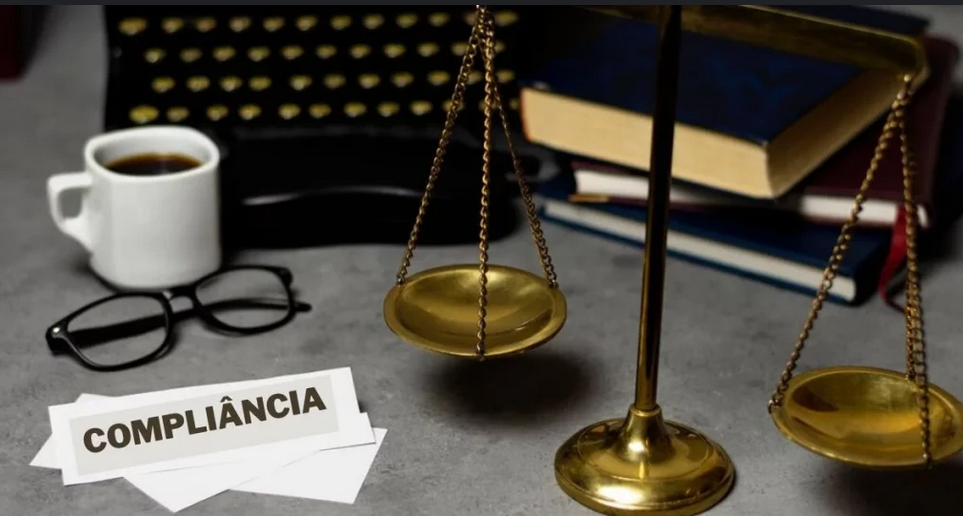
Proactive Metrics: We use leading indicators, such as risk assessments, audit frequency, and training participation rates, to gauge the effectiveness of our compliance initiatives.
Reactive Metrics: Lagging indicators, including audit outcomes and regulatory penalties, provide insights into past compliance performance and highlight areas needing improvement.
Qualitative Insights: We conduct surveys and assessments to understand organizational culture and employee comprehension of compliance, revealing potential areas for growth.
Combining Metrics for Comprehensive Insights: By integrating leading and lagging indicators with qualitative measures, we gain a well-rounded view of our compliance program’s success.
Overcoming Common Obstacles
Navigating Complex Regulations: Staying updated with constantly evolving and intricate regulations is a significant challenge for many organizations.
Managing Resource Constraints: Limited budgets and specialized staff can make it difficult to allocate sufficient resources to compliance efforts.
Staying Informed: Failing to keep pace with regulatory changes can result in non-compliance and heightened risks for our organization.
Addressing Technological Complexity: The increasing dependence on technology brings new compliance challenges related to data privacy, security, and risk management.
Handling Globalization: Operating in multiple countries introduces challenges due to varying compliance standards and legal requirements across borders.
Utilizing Technology
Centralized Compliance Software: We leverage integrated platforms to automate policy distribution, training, audits, and remediation, improving both efficiency and transparency.
Advanced Data Analytics: Data analysis provides valuable insights into compliance issues and opportunities for improvement, helping us allocate resources more effectively and make informed decisions.
Process Automation: Automating compliance workflows minimizes manual errors and accelerates operations, making our processes more reliable and efficient.
System Integration and Customization: By integrating compliance software with our existing systems and customizing solutions to fit our specific needs, we enhance functionality and user experience.
Looking Ahead: The Evolution of Compliance
Harnessing AI and Machine Learning: Emerging technologies like AI and ML will significantly enhance compliance operations by automating tasks, increasing efficiency, and identifying potential risks more accurately.
Tighter Regulations and Penalties: We can expect regulatory agencies to impose stricter enforcement and higher penalties, necessitating more robust compliance and risk management strategies from organizations.
Enhanced Global Alignment: Growing international cooperation will lead to more unified compliance standards across borders, requiring businesses to implement effective global compliance strategies.
Rising Focus on Ethics and Corporate Responsibility: There will be an increased emphasis on ethical behavior and corporate responsibility alongside regulatory compliance, influencing how we design and implement our compliance programs.
Final Thoughts
Compliance underpins responsible and sustainable business practices. By prioritizing compliance, we can uphold our integrity, reduce risks, and build stronger relationships with stakeholders. Leveraging advanced technologies, staying agile with regulatory changes, and emphasizing ethical practices are crucial for navigating the future of compliance. In a landscape marked by escalating enforcement and global standardization, organizations that prioritize these elements will be well-positioned for enduring success.
